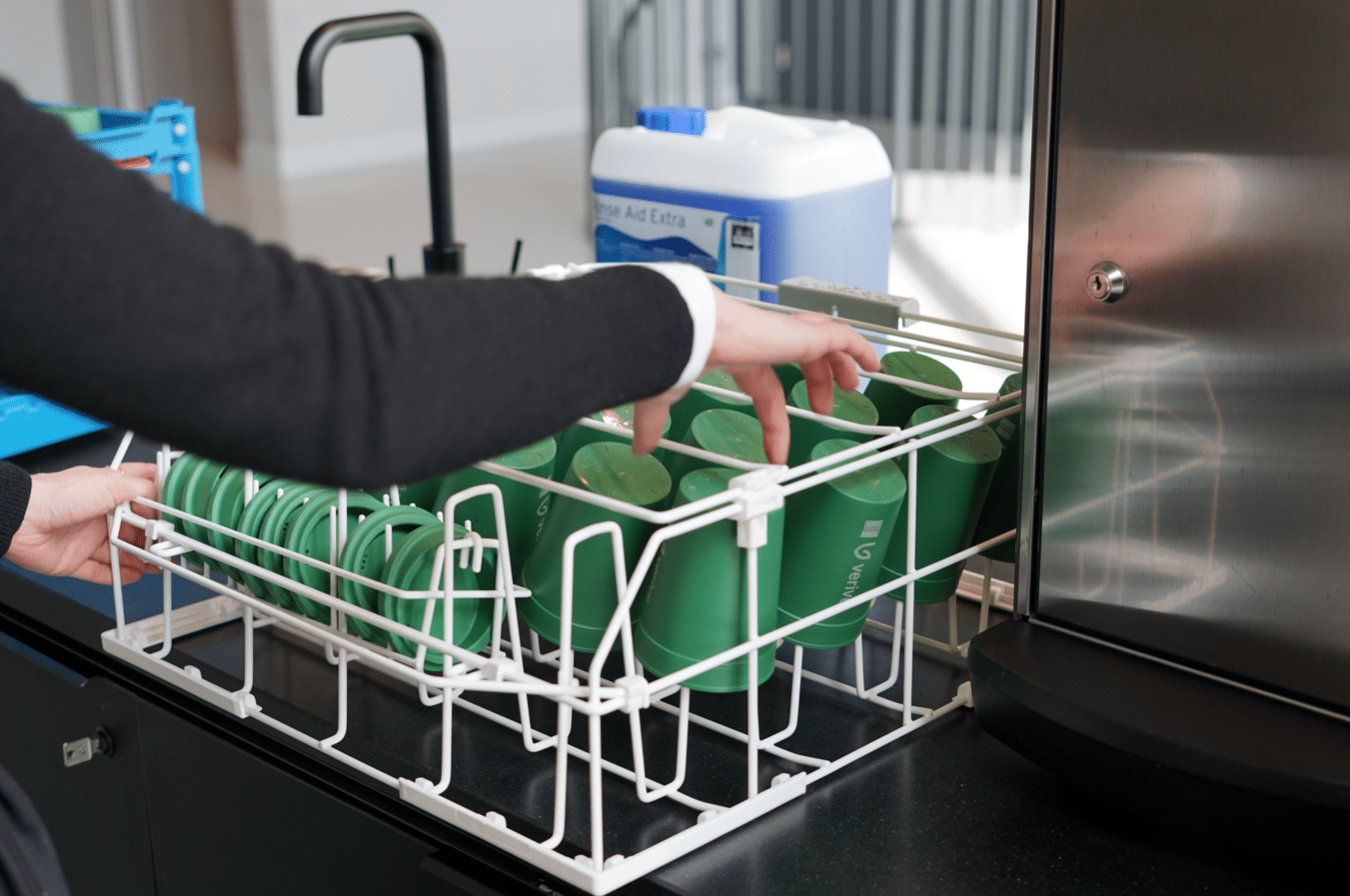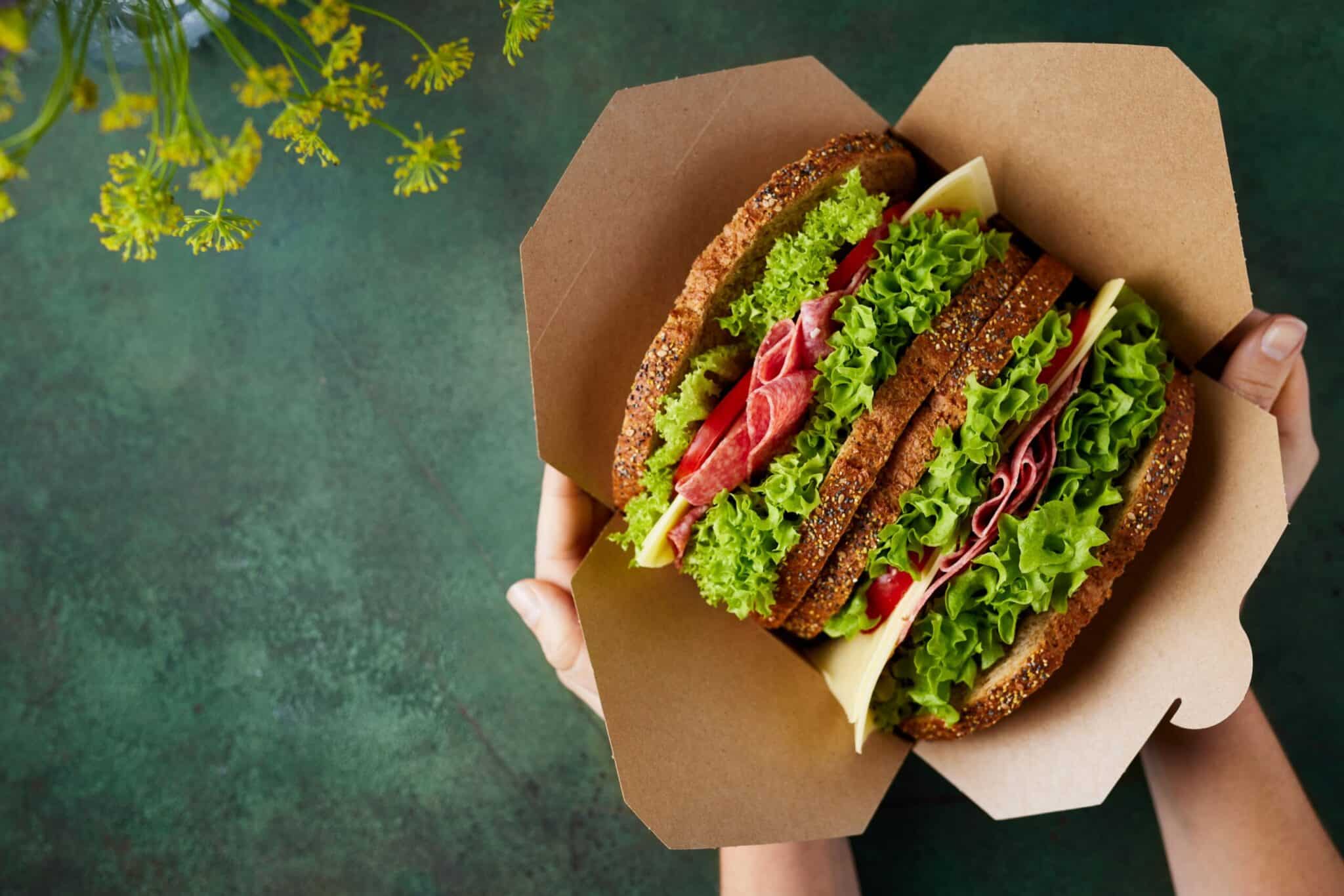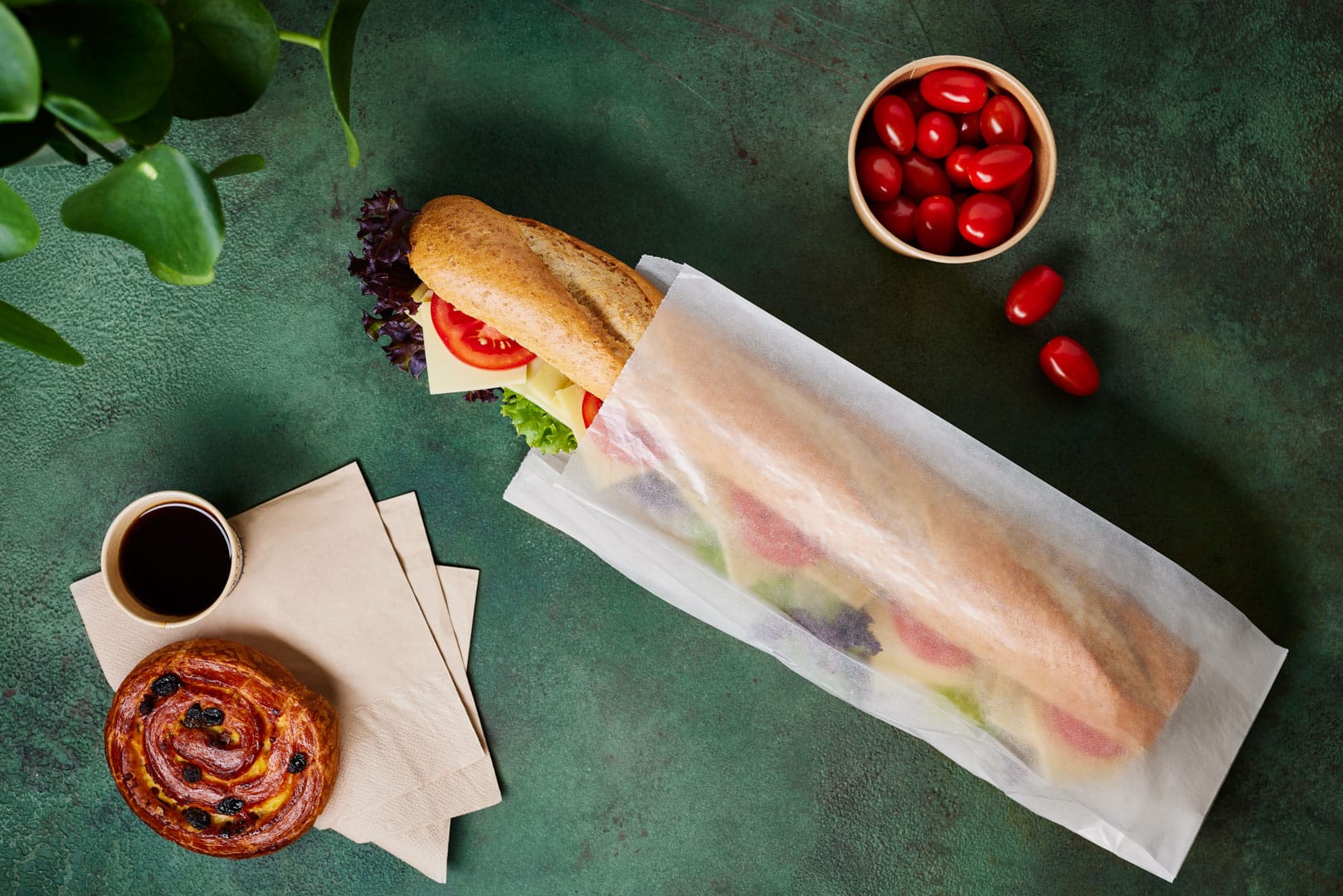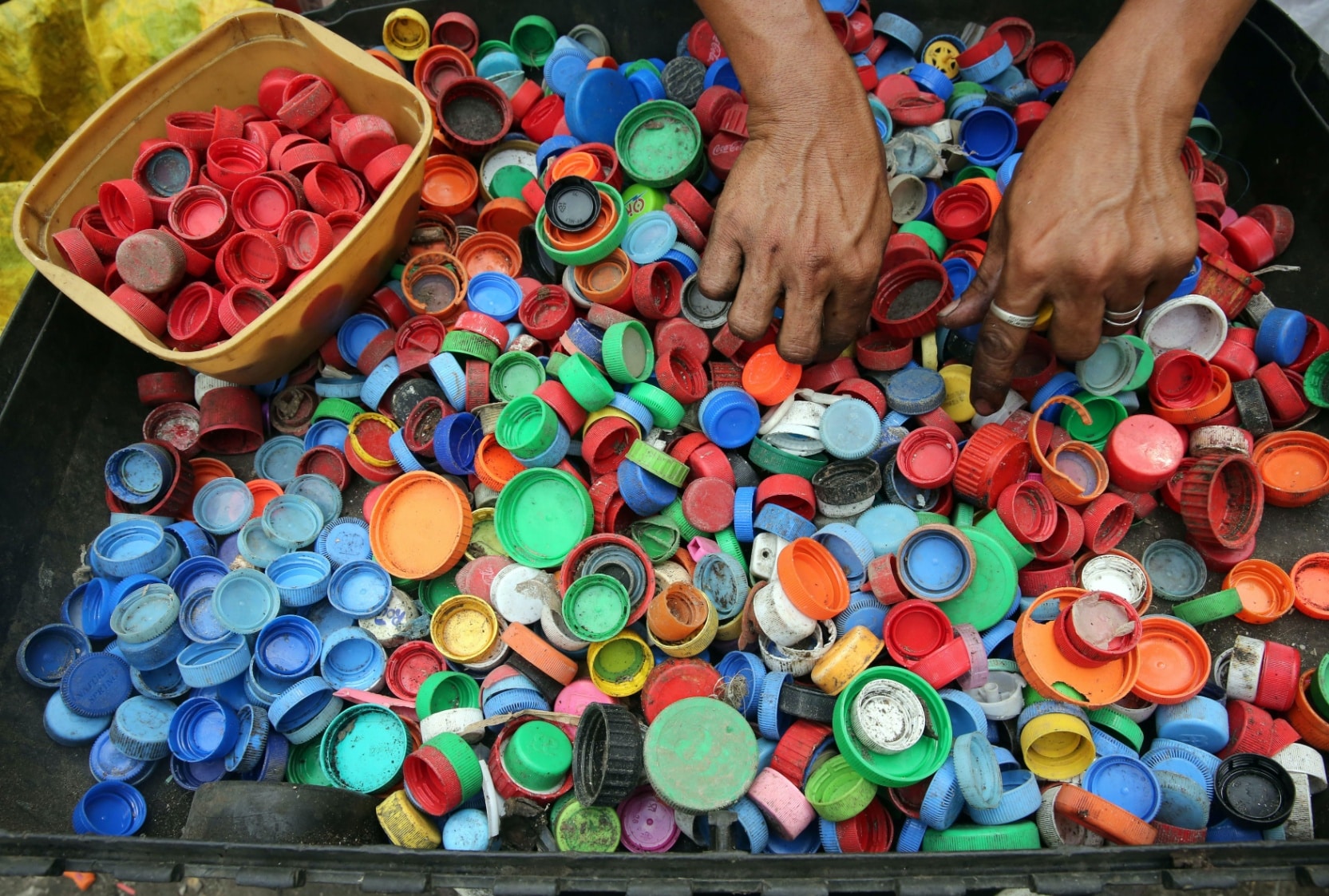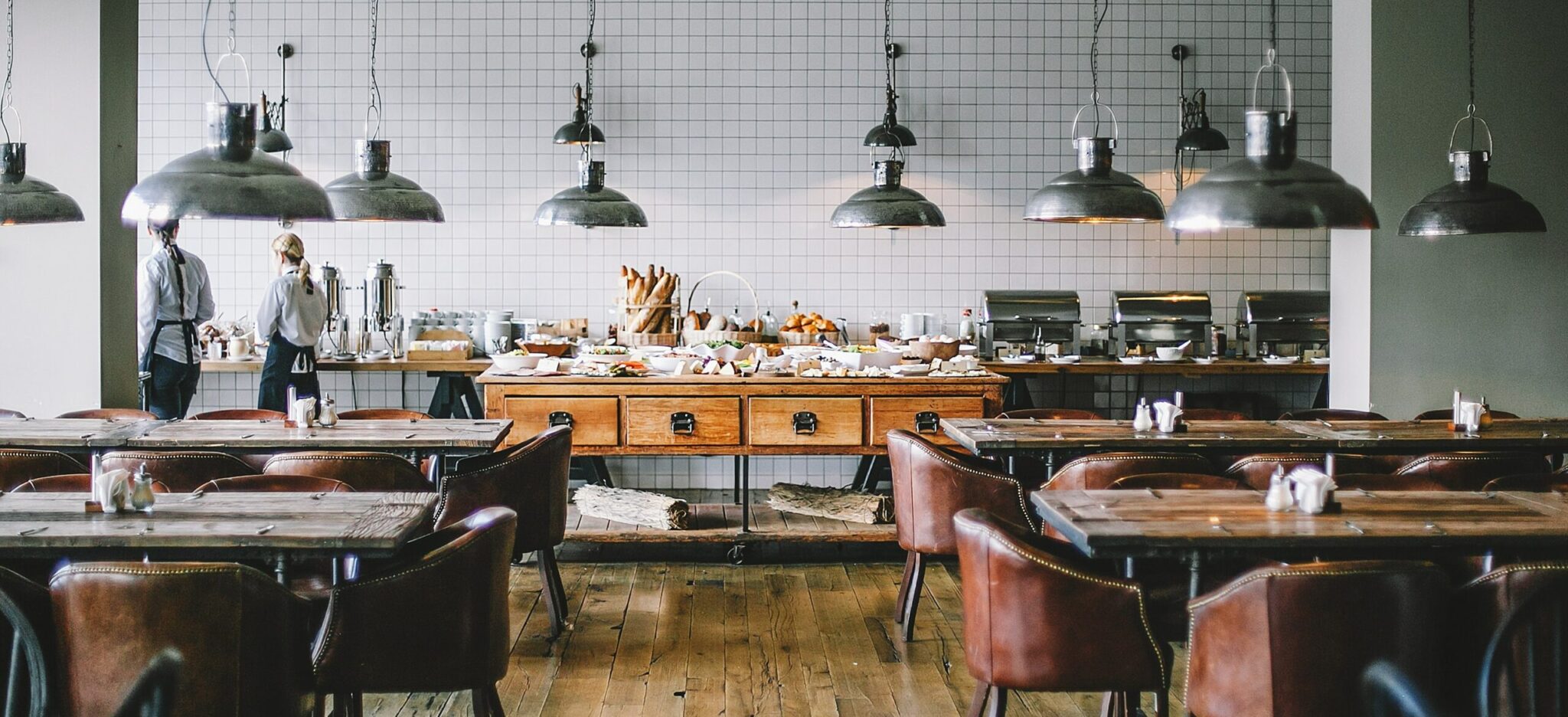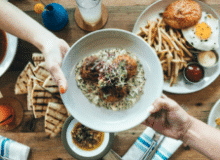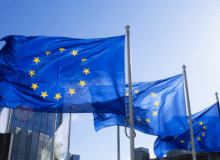About this article
This article covers some of the major changes currently in place in Germany under the Single-Use Plastic Directive. It also summarises the legislative implications for those in catering and hospitality from 2023 onwards.
Since July 2021, the EU’s Single-Use Plastics Directive has come into effect and new milestones are introduced annually. Early bans on plastic packaging and tableware are largely universal across the EU. However, now, individual member states must specify and implement any further reduction measures to meet the EU’s overarching reduction targets. That’s why, moving forward, suppliers and customers should be aware of each country’s specific restrictions.
Germany

What’s happening now?
July 2021 saw the introduction of a wide-reaching range of single-use plastic bans. Here’s a quick reminder of the products already affected in Germany.
All single-use plastic catering products from the following categories are currently banned:
Plastic cutlery (especially forks, knives, spoons and chopsticks);
Straws;
Stirrers;
Beverage containers/cups made of expanded polystyrene; and
Food containers made of expanded polystyrene.
There are also bans on non-food-related products, such as cotton swabs and balloon sticks.
From January 2022, lightweight plastic bags have also been banned and can no longer be given to customers. This ban applies to all plastic bags between 15 and 50 micrometres thick. So lighter, more degradable plastics are still on the market, as are thicker, more reusable ones.
As of 2022, single-use plastic items that are more difficult or too expensive to avoid, like wet wipes, tobacco filters, beverage cups, and sanitary products, have not yet been banned but must bear the turtle logo to alert customers to the presence of plastic and the environmental importance of proper disposal.
2022 has also seen the introduction of a deposit scheme for disposable plastic beverage bottles and all beverage cans. Customers must now pay a small deposit for the container, which will be repaid upon return to encourage proper disposal. In 2024, this deposit scheme will be extended to milk and dairy product containers.
What’s coming in 2023 and 2024?
Germany’s single-use plastic reduction measures don’t stop here, and more bans and restrictions are lined up throughout 2023 and beyond. Here are some key dates to bear in mind as you prepare your business for the arrival of future legislation.
First, consider, is your food service business bigger than 81m2 in size and employing 6 members of staff or more? If yes, then from 2023 onwards, larger foodservice businesses must offer reusable packaging as an alternative to disposables. Furthermore, the reusable alternatives on offer must be cheaper than the disposable packaging. Another caveat is that reusable cups must be available for all available volumes of to-go drinks, so it’s not a one-size-fits-all situation.

Smaller businesses, like small snack bars and kiosks less than 81 m2 and employing less than 6 people, will not need to follow this obligation like larger restaurants. However, from 2023 onwards, these smaller foodservice businesses must at least offer to fill bring-you-own options presented by customers.
What’s happening in 2025 and beyond?
Looking ahead even further, we see that the wheels of change in Germany’s packaging sector won’t soon be slowing down anytime soon.
One major difference will be that the German Packaging Act will require a minimum recycled content for PET disposable beverage bottles. In January 2025, this minimum requirement will increase to 25%, and in January 2030, it will increase to 30%. At present, all of Verive’s recycled PET catering products have a minimum of 51% recycled content.
What should those in foodservice do to prepare?
Remember, now’s the time for your business to start thinking now about its strategy and the mix of dine-in and dine-out options it will offer. There’s no time to waste when it comes to future-proofing your catering and hospitality services in Germany.
Our advice? Verive recommends offering a mix of reusables, polymer-free disposables (i.e., unlined products made from palm leaf, bagasse, paper/cardboard or other alternative materials), and ‘bring-your-own’ containers with a small fee. Need help sourcing reusables and other alternatives or determining the exact mix to suit your business best? Contact us.
Looking for related SUP Directive content? Read our main SUP Directive article or our country-specific articles on the Netherlands and Belgium.


